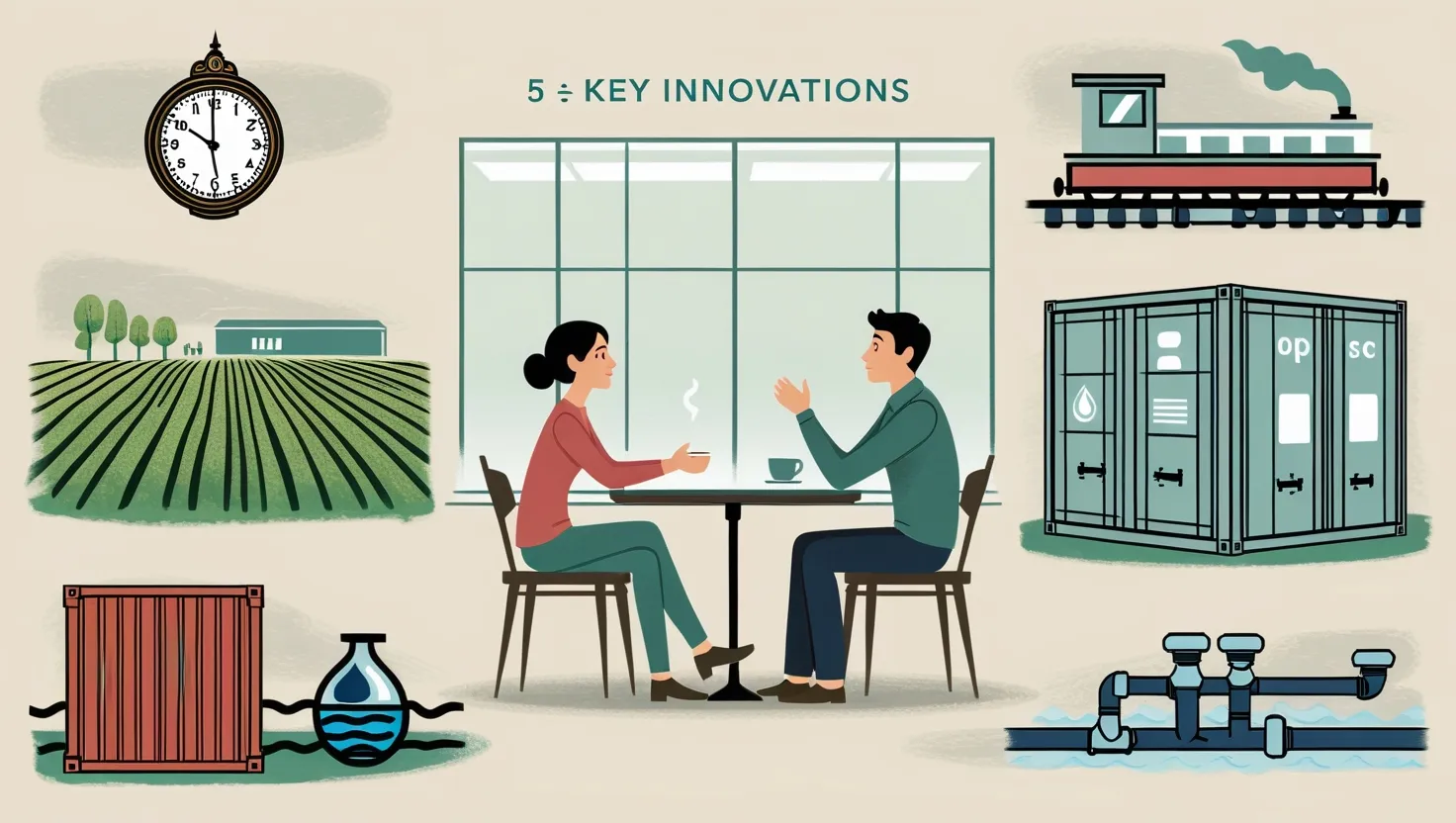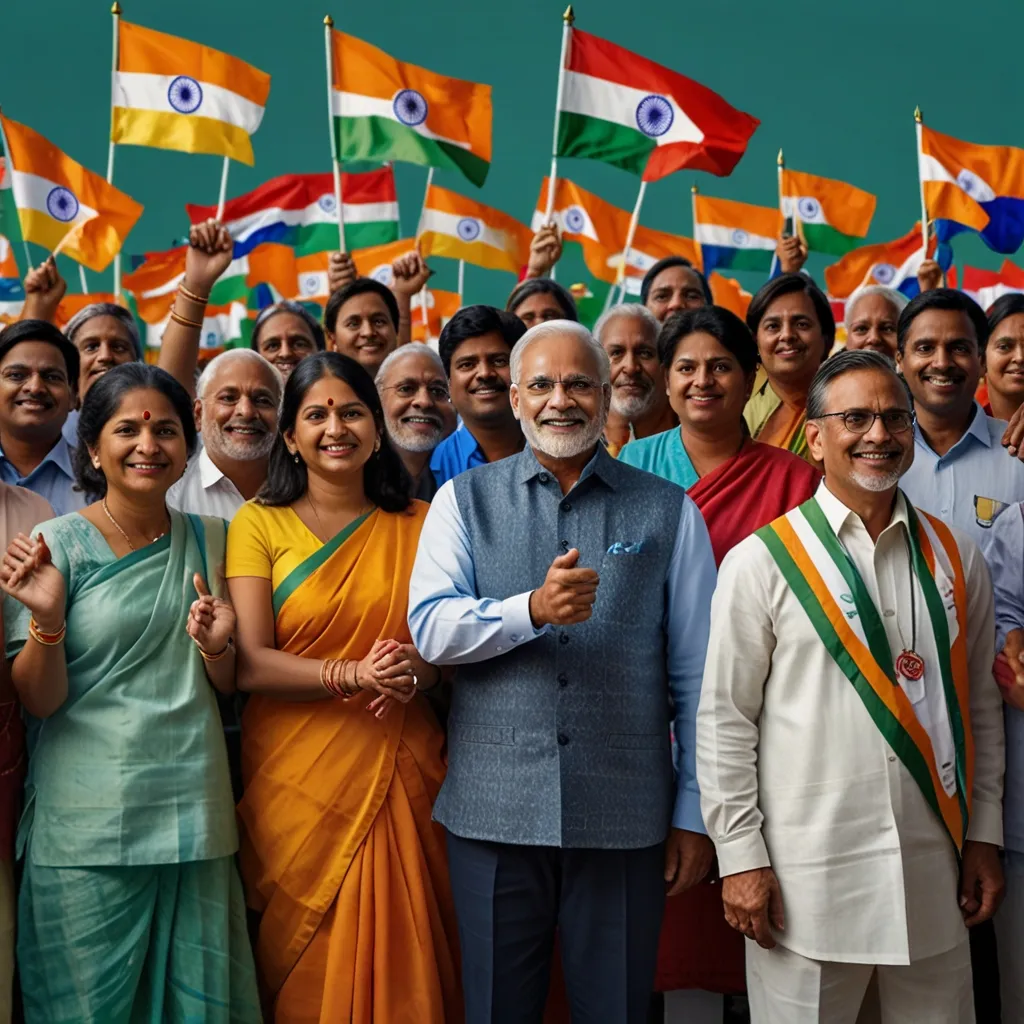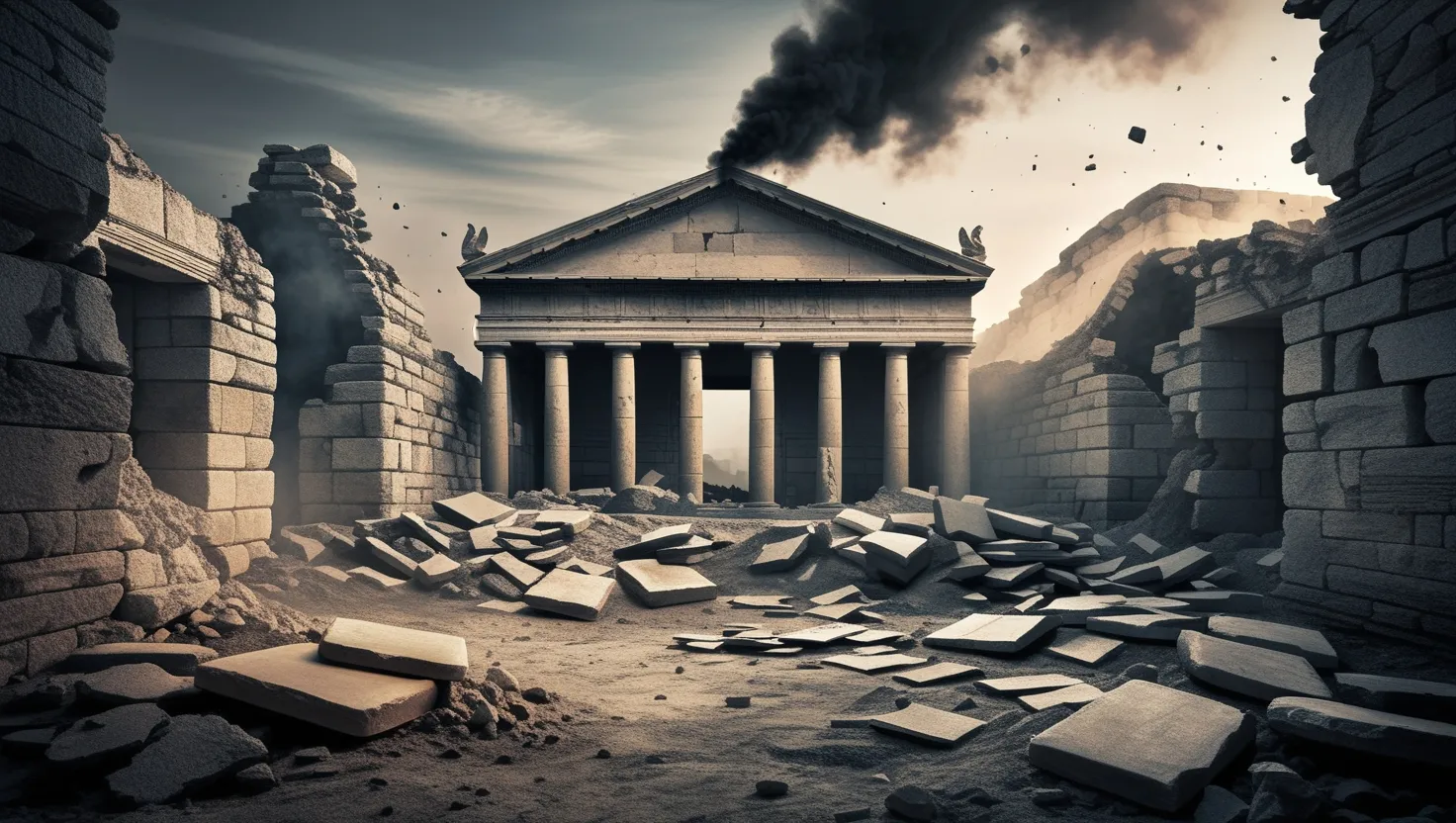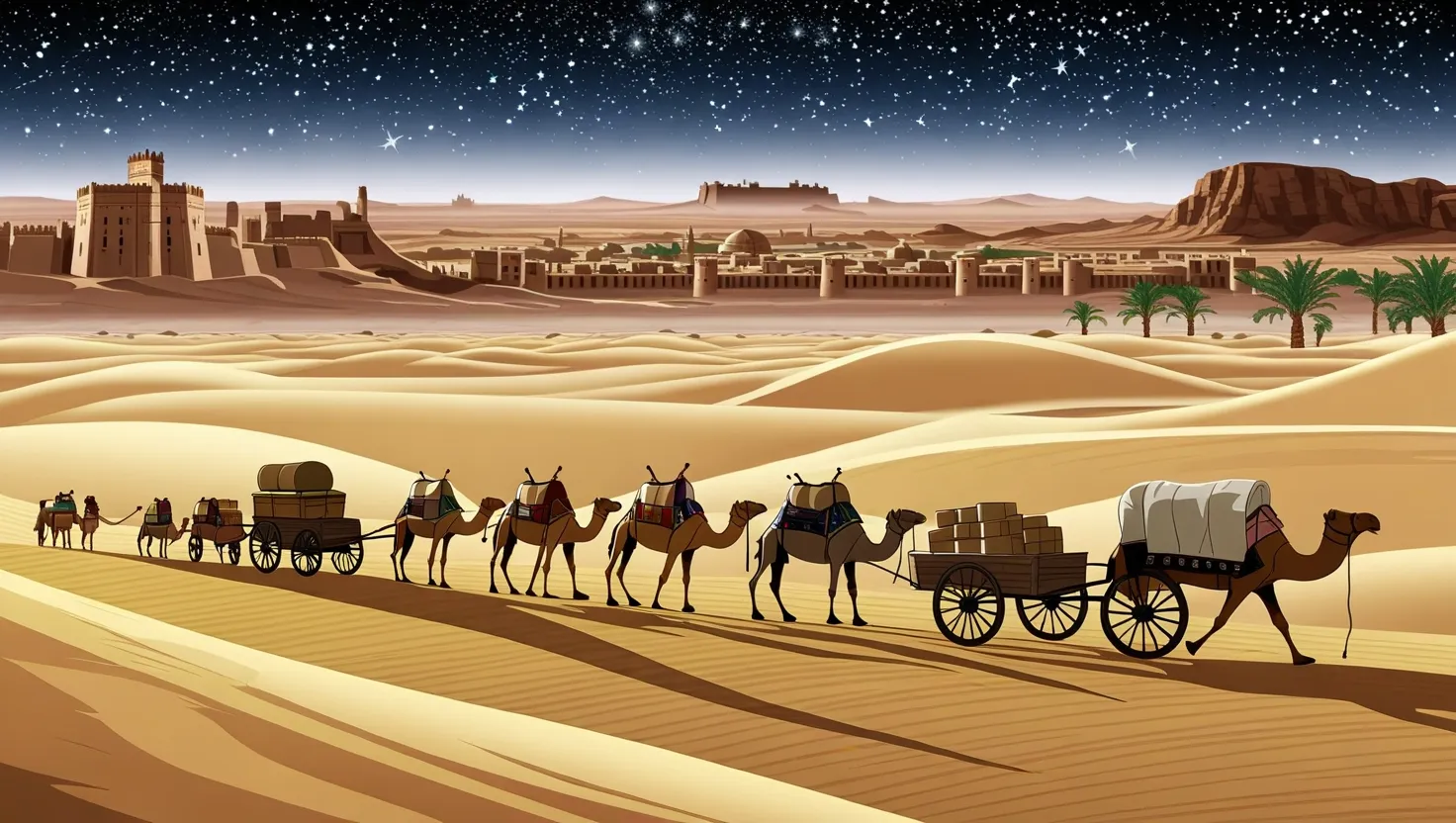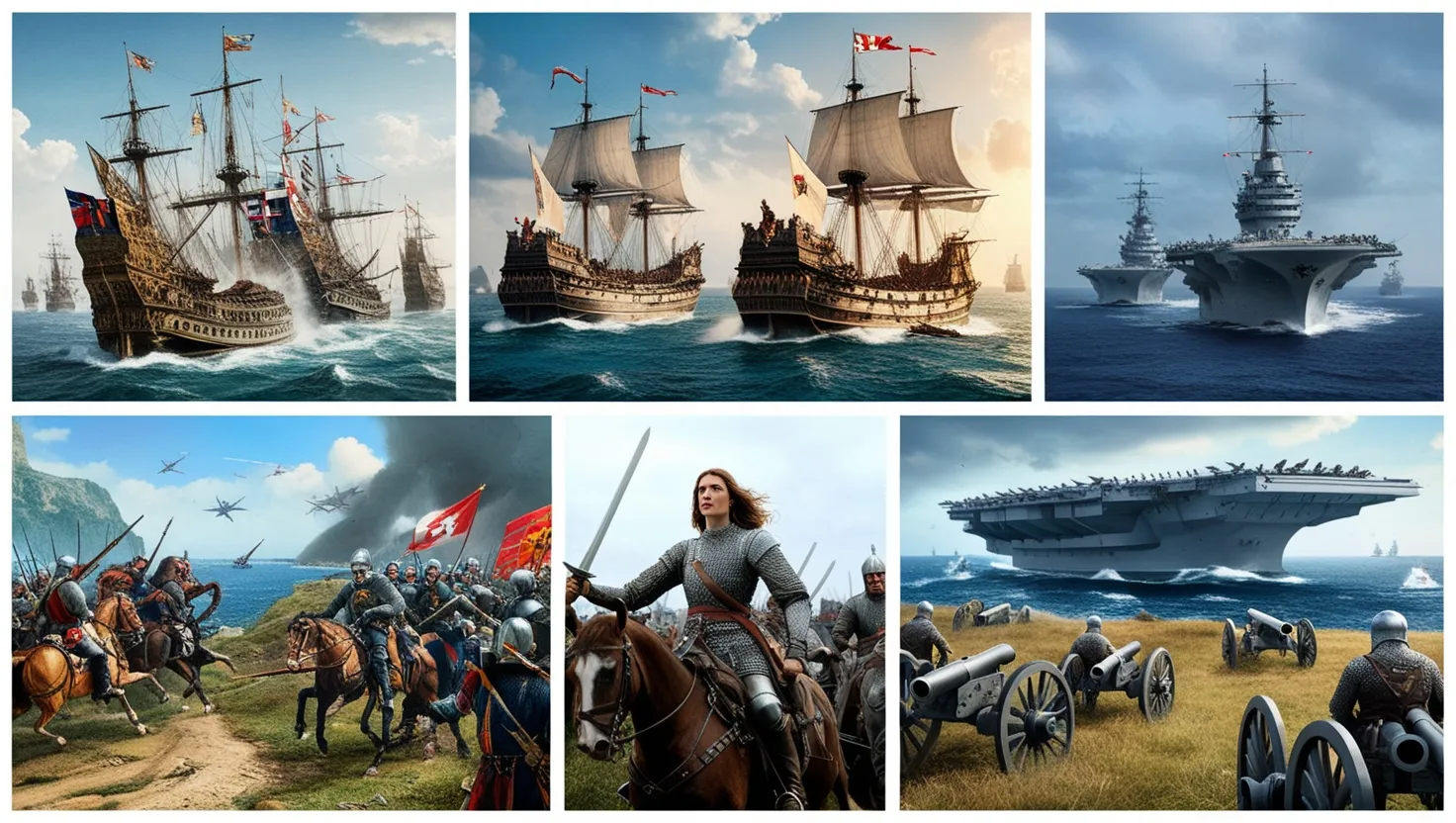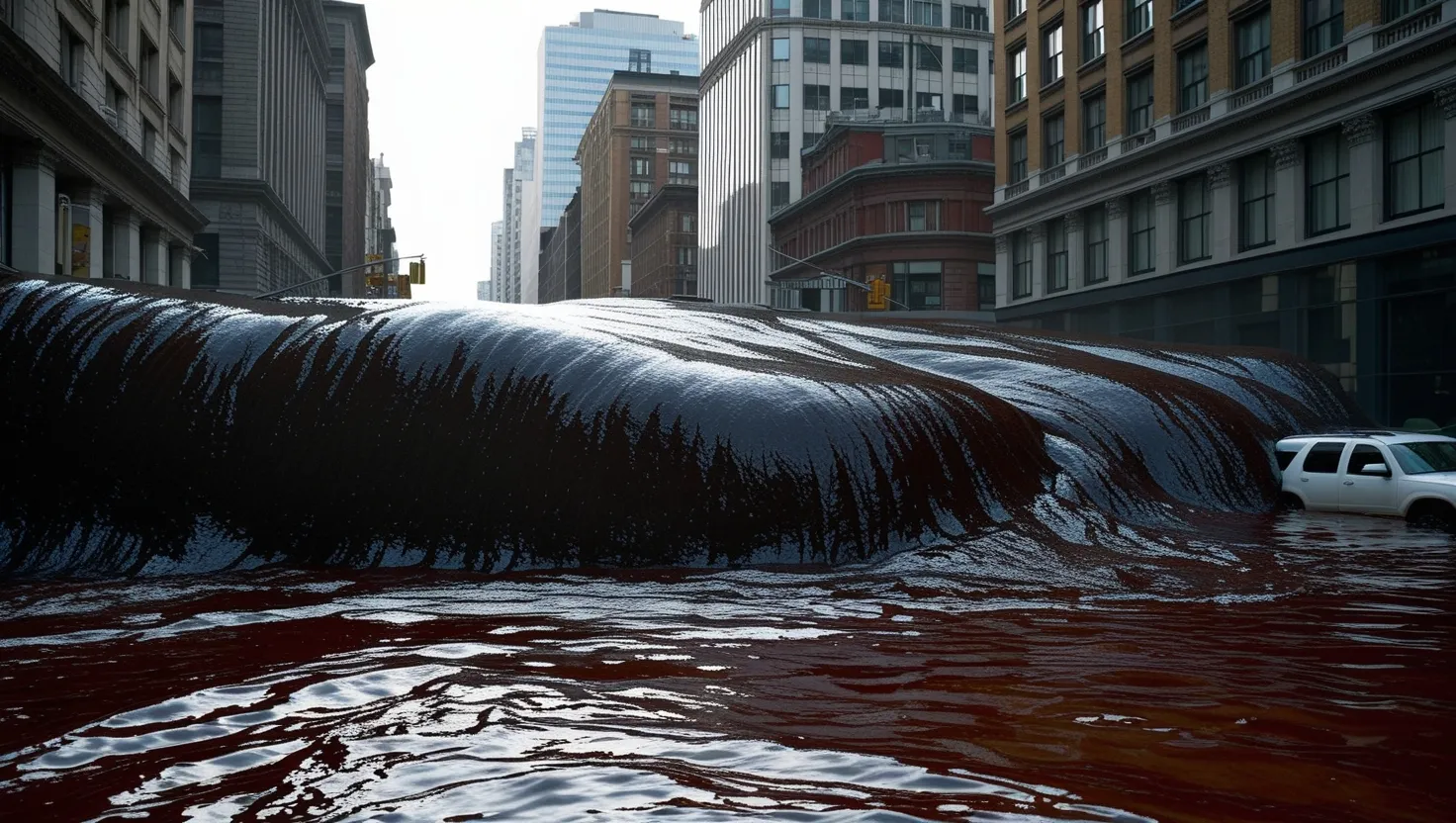Let’s grab a coffee together—if we could—and chat about five revolutions that have quietly but completely changed how you and I live our everyday lives. I’m not talking about your typical headline-grabbing events. These are the kinds of changes that sneak up on you. Invisible, but once they’re part of your world, you can’t imagine life without them. And, honestly, some of them are as weird as they are brilliant.
So, picture this: It’s the 1800s. Imagine trying to hop a train from one city to another. You look at your pocket watch, but who knows if it matches the station clock? Every town, it turns out, is living on its own time—literally. Noon in Boston could be 11:45 in New York. Can you imagine the mess? That’s exactly what happened once trains started zipping people around. The result? Pure chaos. A railroad boss finally had enough and said, “Let’s split the whole continent into four time zones.” Overnight, the sun stopped being everyone’s clock. Instead, a handful of railroad executives told people when to work, sleep, and show up at school. Did anyone vote for this? Nope. But now, the tyranny of the clock rules our lives. It’s funny, isn’t it? We talk about “making time” or “saving time,” but underneath it all, we’re still racing against the schedules that started with old train companies.
Think about it: Before time zones, you lived by the sun. Now, your phone buzzes with a meeting reminder, and you’re on the clock whether it’s blazing daylight or pitch dark outside. It makes you wonder—do we really own our time, or did we just trade in nature for precision? And as we chase that next notification, are we giving up something honest and real for a bit more efficiency?
Now, let’s talk about feeding the world. Not just more crops—feeding billions more people. Ever heard the name Fritz Haber? Probably not, but half the food you eat owes its existence to a process this German chemist and his colleague Bosch invented. Imagine a world so hungry for fertilizer that whole islands of bird poop—yes, guano—were stripped clean for crops. Then, Haber cracks a code: turn the air itself into fertilizer. Suddenly, harvests explode. The world’s population balloons from less than 2 billion to the 8 billion you see today.
But, here’s where it gets complicated. “The price of progress is paid in unintended consequences.” That’s a screenshot-worthy quote, but it really fits here. The same fertilizer that feeds us also flows into rivers, killing fish and choking oceans into dead zones. We created a feast, but also a trap—becoming so dependent on these chemicals that if we ever run out, famine looms. Would you rather risk food insecurity or keep pouring chemicals into the soil? Not an easy choice, is it?
Let’s shift gears. What’s the single material that shapes everything from your toothbrush to your phone case—something so common you barely see it anymore? Plastics. Back in 1907, a chemist named Leo Baekeland invents Bakelite, sparking a quiet material revolution. Fast forward to WWII: Nylon stockings vanish as they’re turned into parachutes, and Plexiglas saves pilots. After the war, plastics flood into ordinary life—Tupperware, polyester clothes, cheap toys. Suddenly, everything’s disposable. Buy, toss, repeat.
Here’s the jaw-dropper: All that convenience created a monster. Microplastics are now so widespread that they’re in your drinking water, your salt shaker, even your own blood. A plastic bottle you toss today might outlive your great-grandkids. What kind of inheritance is that? It begs a question: If progress makes life easier, but leaves behind invisible scars, where should we draw the line?
Let me take you on a mental trip to a shipping port in the 1950s. Workers are hauling crates by hand, sweating for days just to load a ship. Then, along comes Malcolm McLean with a wild idea: Stuff everything into metal boxes of standard size, unload them with cranes, and move them by truck or rail. The result? Loading times crash from days to hours, shipping costs plummet, and China becomes the world’s factory. Did you ever stop to think that your latest gadget only costs $20 because it hitched a ride in one of these containers?
But there’s a twist: The more efficient the shipping, the more dependent we become on perfectly-timed global supply chains. When a ship blocked the Suez Canal in 2021, it cost world trade $10 billion a day. One ship! Are we really masters of the system, or is the system master of us? If a single port sneezes, does the whole world catch a cold?
Now, picture city life before modern plumbing. Streets ran thick with sewage. The Thames was a liquid cesspool in London, and cholera outbreaks killed thousands in a single season. Enter Joseph Bazalgette, who built a web of underground sewers so robust that the city’s population doubled without disaster. Suddenly, water became safe to drink, life expectancy shot up, and you could build up instead of out. Skyscrapers, suburbs, even your flush toilet trace their roots to these hidden pipes.
But here’s a shocker: Much of our water and sewage infrastructure is older than your grandparents. Some cities are still running on pipes laid in the Victorian era. When the system fails, as it did in Flint, Michigan, or during heavy storms that send raw sewage into rivers, we suddenly realize how fragile our comforts are. So, let’s ask: If invisible infrastructure keeps us alive, why do we only notice it when it breaks?
Here’s something I keep turning over in my mind: Every one of these revolutions started as a fix to a real problem. But each one also made life more complicated. Time zones made globally-connected business possible, but tied us to relentless schedules. Fertilizer fed billions, but trapped us in chemical dependency. Plastics gave us cheap convenience, and an environmental headache. Container shipping made the world smaller but economies less resilient. Sewers let us live together in dense cities, but left us with a creaking backbone we ignore at our peril.
And here’s the kicker—these revolutions didn’t benefit everyone equally. Time zones helped bankers more than farmers. Fertilizer profits lined chemical company pockets; small farmers often lost out. Plastics pollution hits poor communities hardest. Global trade made shareholders rich while shuttering local factories. Clean water reached wealthy neighborhoods first.
So, what does this mean for you and me? I keep coming back to another quote:
“We shape our tools, and thereafter, our tools shape us.”
As we look around at the next generation of revolutions—artificial intelligence, gene editing, renewable energy—I can’t help but wonder: Are we asking the right questions this time? Will we anticipate the side effects, or just keep patching up the problems after the fact?
Think about your own routines. Would you give up your calendar reminders and live by the sun again? Would you trade supermarket abundance for local, seasonal produce? Could you live in a world without plastics? What would you do if global shipping collapsed for a month?
The quiet revolutions teach us humility. They remind us that the greatest transformations lurk in the unnoticed, the everyday. We inherit these systems—and their problems—without ever casting a vote. But we also have the power, once we see them clearly, to demand better answers.
So, next time you’re sipping coffee, scrolling through your phone, or flushing a toilet, remember: Those are all gifts from unseen revolutions. And maybe—just maybe—your everyday choices are shaping the next one, right now.
